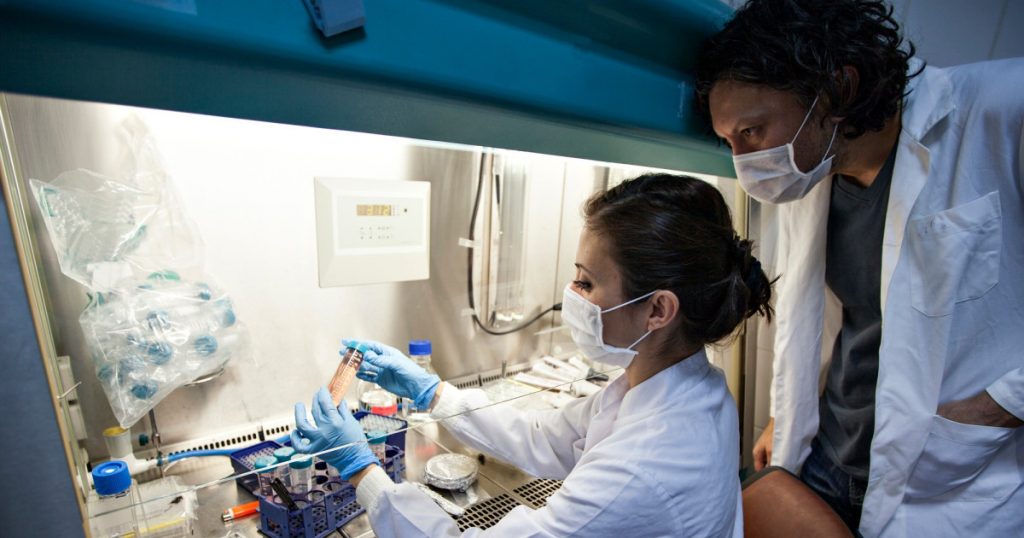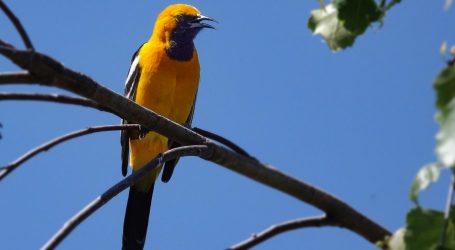Trump’s Shutdown Has Led to a “Slow Strangling” of American Science
Approximately 90 percent of NSF’s 2,100-person workforce is furloughed, an agency spokeswoman said. At least 250 postdoctoral research fellows have gone without their stipends. The agency has had to cancel job interviews for key positions, including head of the Office of Information and Resource Management. And it was unable to send staff to a number of recent science conferences, including those of the American Astronomical Society and the American Meteorological Society.
Among the many grants and awards that have been delayed are a batch of more than 180 small business innovation awards that were ready to go out when appropriations lapsed. Additionally, NSF has been forced to cancel dozens of review panels, groups of independent scientists and experts that evaluate grant proposals. The NSF makes decisions to fund or reject proposals based on these recommendations.
More than 100 panels were scheduled to review nearly 2,000 scientific proposals between Jan. 7 and Jan. 25, according to NSF. Those included panels for chemistry, earth sciences, astronomical sciences and molecular and cellular biosciences. NSF’s Division of Molecular and Cellular Biosciences has previously funded research looking at ways to target bacteria like E.coli and on bacteria that could help mitigate the impacts of greenhouse gas emissions, Corbs told HuffPost.
An NSF spokeswoman called the situation “unprecedented” and said the agency doesn’t yet know the full extent of the shutdown’s effects.
When the political standoff does finally end, NSF will have to tackle weeks of backlogged work in addition to everything on its regular agenda, which includes dozens of review panel meetings on the books for February and March. The rescheduling effort will be a “mess to untangle,” Corbs said.
“We will never know exactly which funding opportunities have been lost because of this shutdown, but we can be assured that American science [continues] to be hurt,” he said.
Rowen, who was invited to be on a review panel in March, fears the shutdown could set science research, universities and careers back years. Universities rely on a stagnant pool of federal grant money to pay salaries and fund research. Roughly one-quarter of Rowen’s $500,000 grant is to go toward operating costs at the multiple universities she has partnered with for the project.
“I have little doubt that the hold-up of NSF funding will cost jobs and cause ripple effects in university administration,” Rowen said in a text message.
These outside awards can make or break a career, she added. It was an NSF grant that funded her dissertation research at the University of California, Berkeley, which she says ultimately led to a job in academics.
“It’s huge for people who are scholars to not have the certainty around this,” Rowen said.





